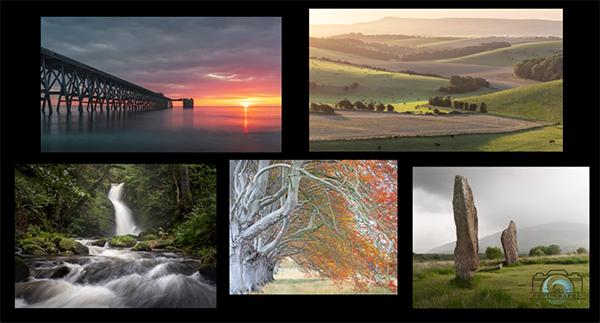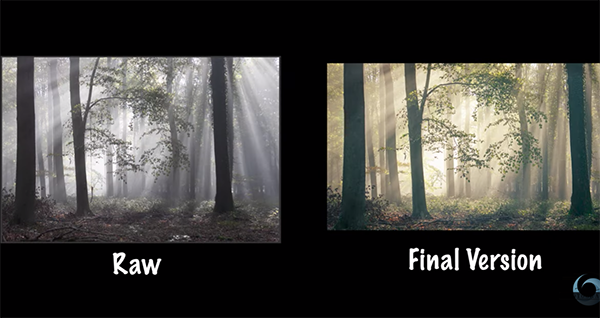3 Power-Editing Tools That Will TOTALLY Transform Landscape & Nature Photos (VIDEO)
All professional photographers understand the importance of evolving their skills by regularly experimenting with new shooting techniques, and oftentimes this results in capturing images with a fresh look. We recommend this process for amateurs as well, and by doing you may have to update your post-processing workflow to accommodate the new style of photos in your repertoire.
As you’ll see in this tutorial from the Louise Welcome Photography YouTube channel, this is exactly what happened to an accomplished British pro who spent considerable time searching for a new vision in the field. Her popular channel is all about passing on a passion for landscape photography and this episode reveals three transformational editing tools that became essential for enhancing Louise’s new style of imagery.
Louise puts it like: “After challenging myself to do things differently in the field, it was only when I backed up this practice with a few developments in post processing that I saw my images come to life.” The three new “power tools” that she discovered are what you’ll learn how to use today.

This new approach works wonders for what Louise calls “empathetic editing” and she drives her points home with clear instructions and plenty of inspirational images. Power Tool #1 is the Radial Filter, and Louise explains two very different ways to use it depending the specific task at hand. The first involves adding “atmosphere” to a shot, while the other is accomplished by selecting and emphasizing strong areas of contrast between light and dark portions within the frame.
Split-Toning is the second power tool that Louise recommends, and this one “enables you to introduce different colors to the highlights, midtones or shadow areas in an image while pure whites and blacks remain unaffected.” This is tool that deliver big results—even though it’s really easy to employ.
The lesson concludes with Power Tip #3; namely, a technique for using Exposure Blending to significantly improve the balance of a photo. Louise is passionate about waterfall photography, and she pulls up one of her shots to illustrate how this straightforward tool can be called upon to achieve an eye-catching transformation.

Be sure to spend some time on the popular Louise Welcome Photography YouTube channel where you’ll find more helpful videos for expanding your skills.
And don’t miss the tutorial we featured recently with another accomplished landscape photographer who explains why and how to use Exposure Bracketing to create outdoor photographs with perfectly balanced tones every time.





